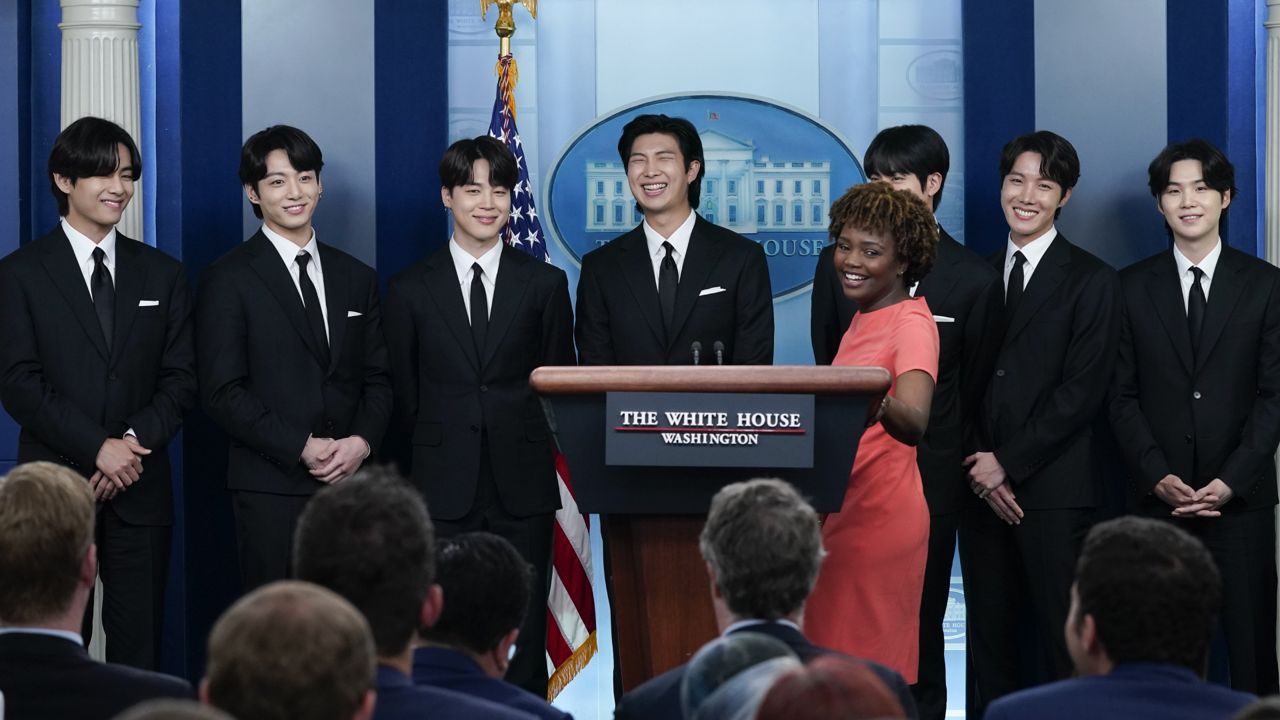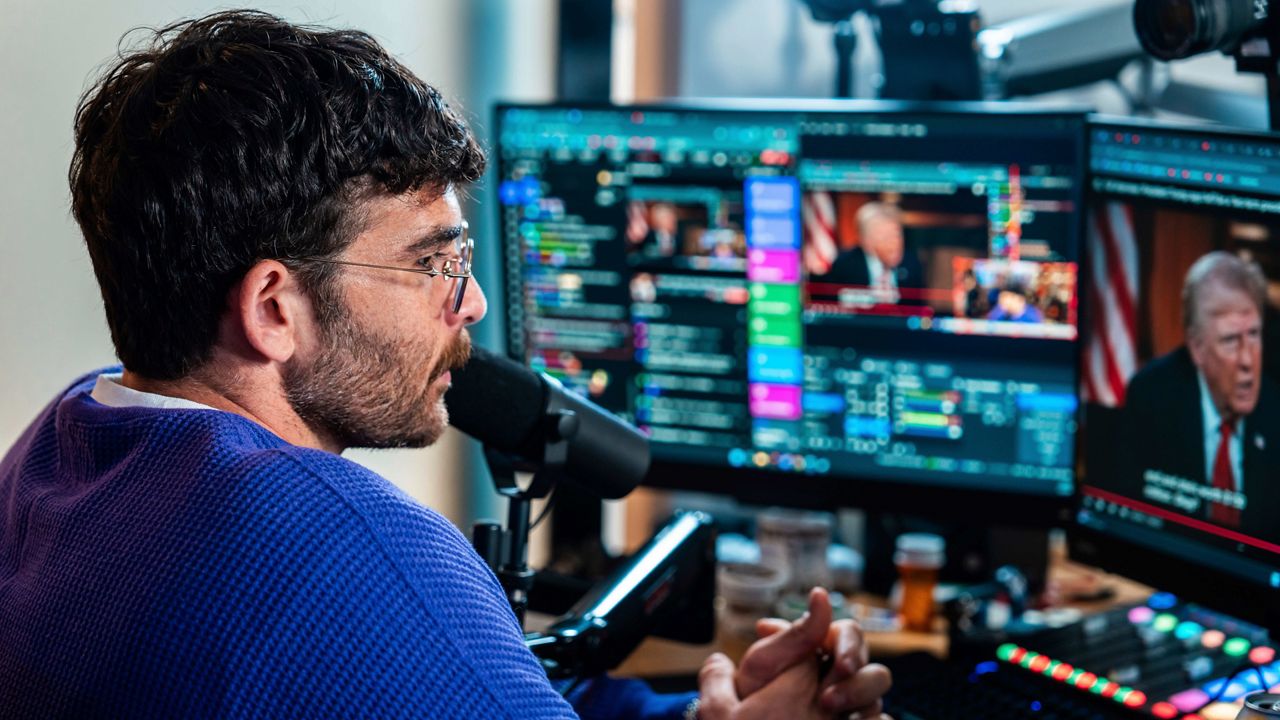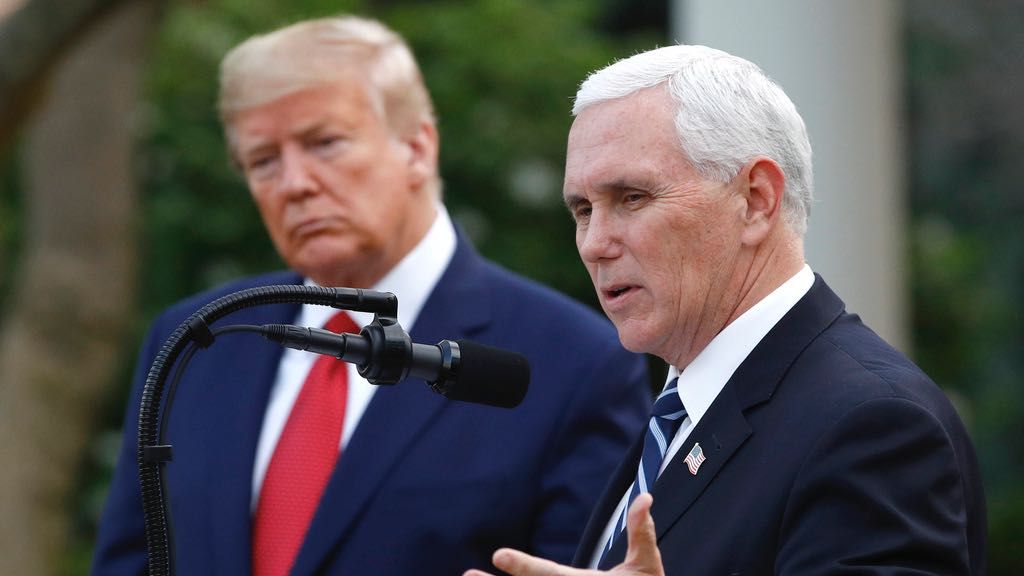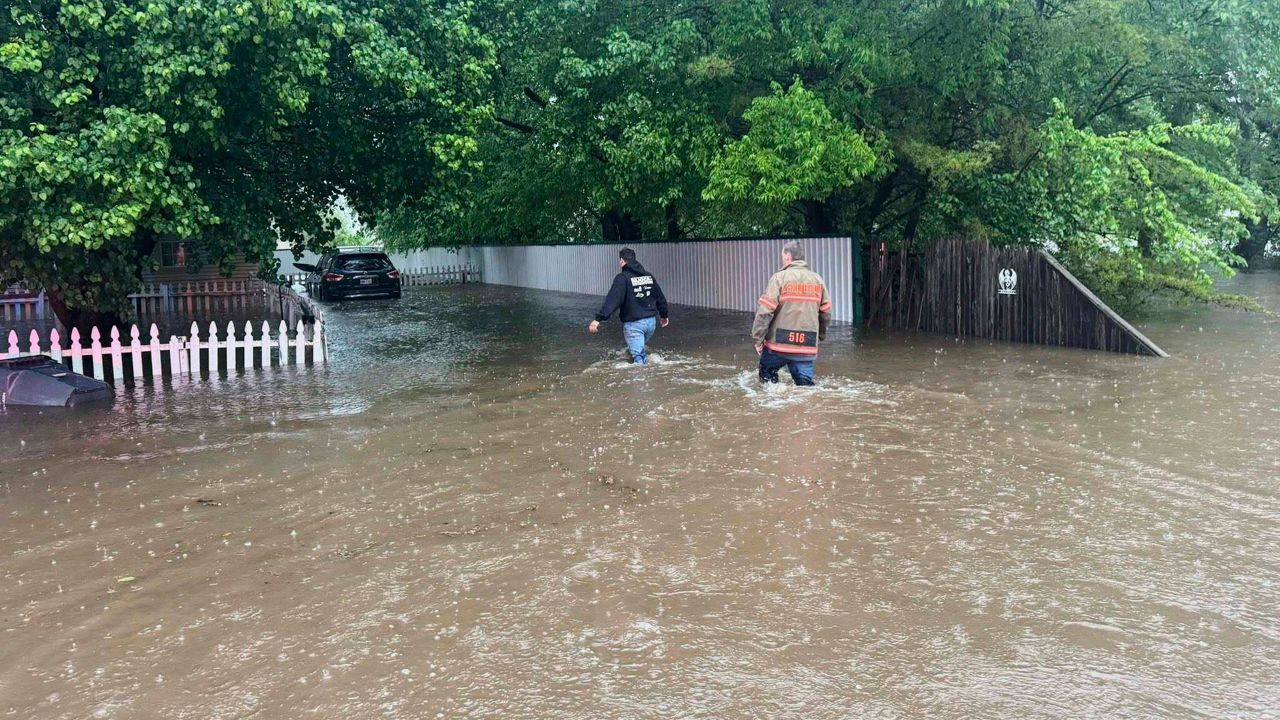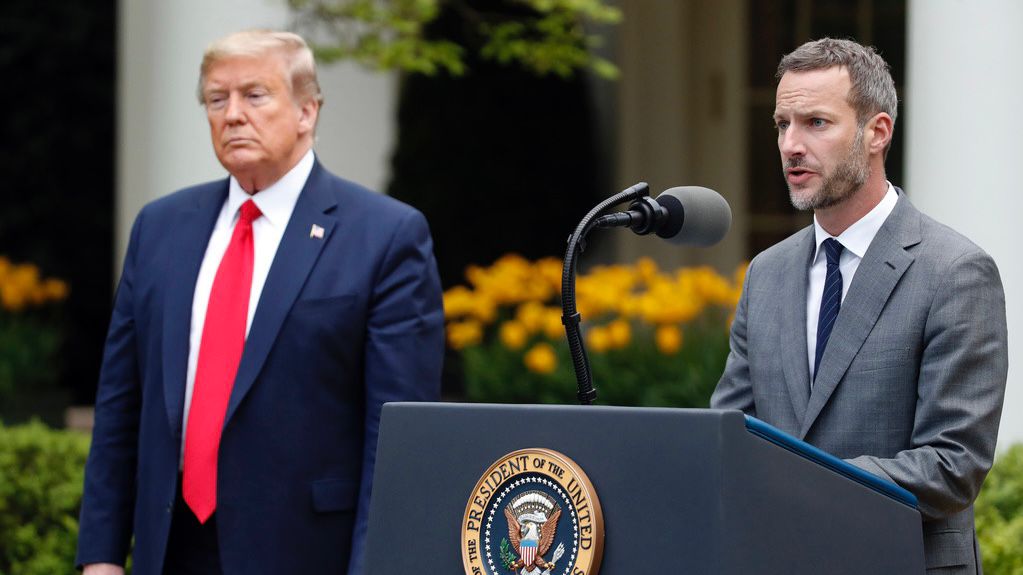Hundreds of people gathered outside the White House on Tuesday hoping to catch a glimpse of the international K-pop sensation BTS, whose members traveled to 1600 Pennsylvania Avenue to discuss Asian inclusion and representation with President Joe Biden.
The seven-person group – made up of Jin, Suga, J-Hope, RM, Jimin, V and Jungkook – was set to meet with Biden in a closed-door meeting after joining an afternoon press briefing with White House press secretary Karine Jean-Pierre.
Tens of thousands of people tuned in online to watch Tuesday’s White House press briefing, a far cry from its usual viewership.
“While many of you may know BTS as Grammy-nominated international icons, they also play an important role as youth ambassadors, promoting a message of respect and positivity,” Jean-Pierre said from the podium.
The White House meeting comes at the tail end of Asian American and Pacific Islander Heritage month, which is celebrated in May. Anti-AAPI sentiment and associated hate crimes began to rise in the U.S. at the outset of the COVID-19 pandemic, driven in part by then-President Donald Trump decrying the disease as the “China virus."
RM, who often acts as the spokesman for the group, delivered brief remarks, telling reporters: “It is a great honor to be invited to the White House today to discuss important issues of anti-Asian hate crimes, Asian inclusion and diversity.”
“We thank President Biden and the White House for giving this important opportunity to speak about the important causes, remind ourselves of what we can do as artists,” he added.
The other six members’ remarks were translated into English by an interpreter. Many spoke of their solidarity with the AAPI community, encouraging their many fans from around the world to spread love and kindness.
“It's not wrong to be different,” Suga said. “The equality begins when we open up and embrace all of our differences.”
“Everyone has their own history,” V added. “We hope today is one step forward to respecting and understanding each and every one as a valuable person.”
“We still feel surprised that music created by South Korean artists reaches so many people around the world, transcending languages and cultural barriers,” Jungkook said. “We believe music is always an amazing and wonderful unifier of all things.”
While it's the group's first trip to the White House to discuss the issue, BTS last year issued a statement in solidarity with their AAPI fans, writing on Twitter in part: "We stand against racial discrimination. We condemn violence. You, I and we all have the right to be respected. We will stand together."
Biden has also been outspoken about being committed to combating a rise in anti-Asian hate crimes. Last year, the Democratic president signed the COVID-19 Hate Crimes Act into law.
The law was one of the first major efforts by the government to combat the striking rise of hate crimes against Asian Americans and Pacific Islanders.
The bill aimed to help expedite the review of hate crimes at the Justice Department and make grants available to help local law enforcement agencies improve their investigation, identification and reporting of incidents driven by bias, which often go underreported.
“For centuries, Asian Americans, Native Hawaiians, Pacific Islanders, diverse and vibrant communities, have helped build this nation, only to be often stepped over, forgotten, or ignored,” Biden said upon signing the bill into law, adding: “My message to all of those who are hurting is: We see you. Congress said we see you. And we are committed to stopping the hatred and the bias.”
Stop AAPI Hate, a national coalition that became the authority on gathering data on racially motivated attacks related to the pandemic, received 9,081 incident reports between March 19, 2020, and June 2021. Of those, 4,548 occurred in 2020 year, and 4,533 last year.
A separate report from the Center for the Study of Hate & Extremism at California State University in San Bernardino released this February found many of the most populous cities across the country experienced an uptick in all hate crimes last year.
According to preliminary figures released by the San Francisco police department in late January, reported hate crimes against Asian Americans and Pacific Islanders were up an astonishing 567% from the previous year in the city.
Overall, hate crimes against Asian Americans jumped 342% from 2020 to 2021, continuing a pattern from the previous year: Anti-Asian crimes increased 124% between 2019 and 2020 in some of the country's biggest cities.
FBI data from 2020 indicated there was a 77% increase in Anti-Asian hate crimes, up from 158 in 2019 to 279 in 2020. The discrepancy between the FBI data and the draft report from CSUSB can be attributed to the differing definitions of "hate crimes" between federal and state laws, particularly "with respect to homeless and political status in a small number of agencies such as Seattle and Washington, D.C.," the CSUSCB researchers wrote in part. The CSUSB study also examined select cities as opposed to the entire country.
The FBI defines a hate crime as a “criminal offense against a person or property motivated in whole or in part by an offender’s bias against a race, religion, disability, sexual orientation, ethnicity, gender, or gender identity.”
The Associated Press contributed to this report.




